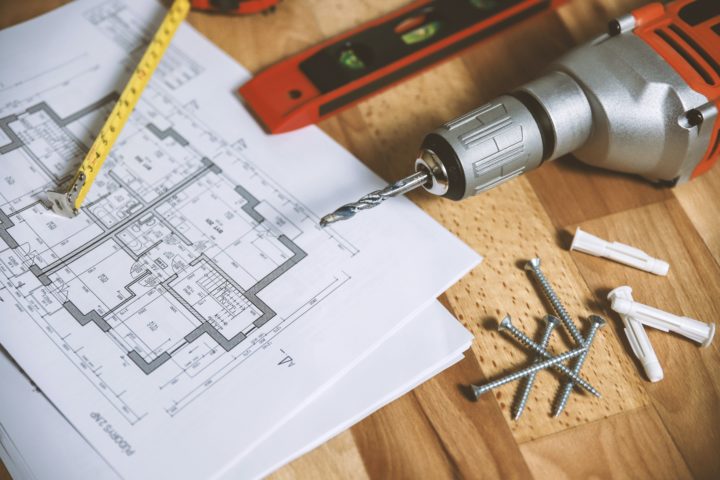The following contribution is from another author.
Working around the house can be fun. Doing projects for yourself can also save you a lot of money. However, this is only true if you operate your instruments securely. Hospital bills are expensive. Follow these safety tips to get your money’s worth.
Air Compressor
You can use air compressors at home for reasons such as filling up tires or powering a nail gun. You can consider acquiring different air compressor products Jacksonville FL to help you with all of your projects. These can really help trim the time for anything you are working on, but there are some guidelines you need to follow. Pay close attention to the machine by looking for leaks of air or oil. Ensure that all the valves and hoses are intact. Always wear protective gear such as gloves and goggles. Use compressors outside if they are the gas type.
Welding Curtains
Welding curtains or screens are essential for keeping welding workspaces safe. They are primarily used for creating a protective barrier in hot work zones by shielding the welder, onlookers, and nearby personnel from the noise, heat, and brilliant spatter produced during the welding process. They also help mitigate hazardous fumes and dust from spreading. Welding curtains usually differ in colors and thickness, so be sure to pick the right one to use for your personal household projects.
Propane Tank
There are several reasons for using propane tanks at home. One of the most common purposes is for barbecue grills. Don’t use appliances like these indoors. As you monitor the different parts such as valves and regulators, do not attempt to repair them unless you are a professional. Propane gas is extremely flammable, so have a phone nearby just in case you need to call an ambulance. Carbon monoxide can manifest itself when propane isn’t burning properly. If flames are not blue, there could be trouble. A scent of sulfur can indicate a leak.
Fire Extinguisher
Hopefully, you will never have to use one of these. Nonetheless, you should know how to operate them efficiently and safely. Heed the expiration date. They are not meant to last indefinitely. When checking the date, also examine the hose, the valve and the handle for any imperfections. Keep extinguishers within easy reach, especially near the kitchen. Store them between -40 and 120 degrees Fahrenheit. When operating them, point the spray at the base of the flames and swing from side to side.
Generator
Many people keep generators at home as an emergency power source. During storms, for example, they can keep your house stable so that you can cook, keep your refrigerator running and stay warm. Depending on the type, they can run continuously from 24 – 72 hours. Don’t store or operate generators in closed spaces. Doing so can leave you vulnerable to carbon monoxide. Certainly don’t expose them to fire. Generators need oil changes just as cars do. This should happen every 100 hours of use at the most.
As you can see, the common thread for all of these is to check on them regularly. If you make sure all the parts are always in working condition, you can keep yourself and your family safe.
















